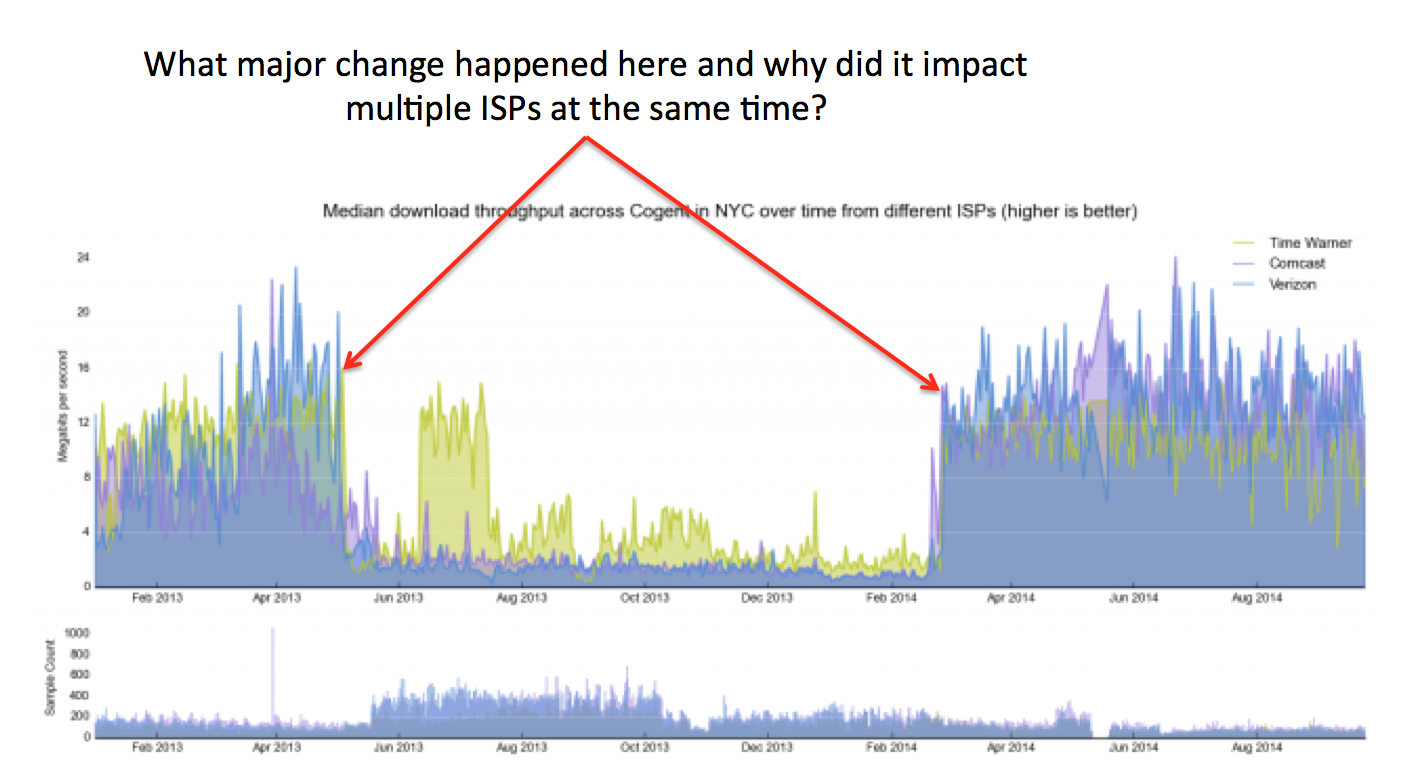- Joined
- Aug 20, 2006
- Messages
- 13,000
Comcast says it won't block or throttle Internet content but has dropped its promise about not instituting paid prioritization. Instead, Comcast now vaguely says it won't "discriminate against lawful content" or impose "anti-competitive paid prioritization." The change in wording suggests that Comcast may offer paid fast lanes to websites or other online services.
At the moment, Comcast is restricted from offering such a service by two things: its purchase agreement with NBC Universal, and the current net neutrality rules. The former is expiring next year, and the other is teetering on the brink of total obliteration. See, for all the ISPs’ insistence that of course they won’t engage in anti-consumer practices such as paid prioritization, the fact that they could should the rules change has always been the proverbial Sword of Damocles hanging over the whole debate.
At the moment, Comcast is restricted from offering such a service by two things: its purchase agreement with NBC Universal, and the current net neutrality rules. The former is expiring next year, and the other is teetering on the brink of total obliteration. See, for all the ISPs’ insistence that of course they won’t engage in anti-consumer practices such as paid prioritization, the fact that they could should the rules change has always been the proverbial Sword of Damocles hanging over the whole debate.
![[H]ard|Forum](/styles/hardforum/xenforo/logo_dark.png)
